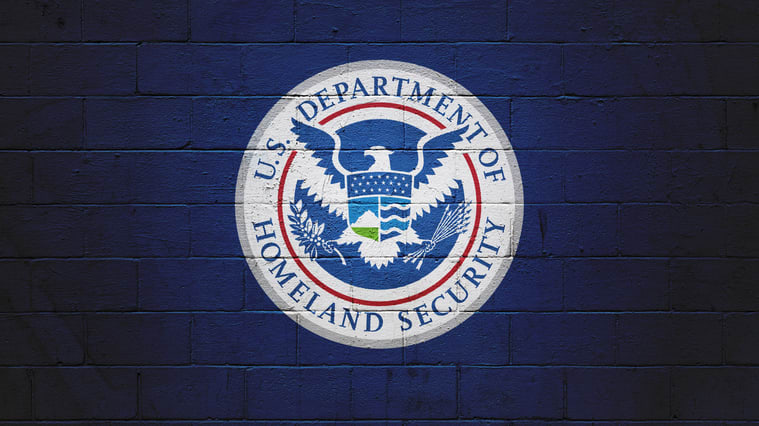Editor's Note: This interim policy has been extended through Dec. 31.
The U.S. Department of Homeland Security (DHS) announced that it will defer the requirements for employers to review Form I-9 documents in-person with new employees. The change applies to employers and workplaces that are operating completely remotely.
"Employers with employees taking physical proximity precautions due to COVID-19 will not be required to review the employee's identity and employment authorization documents in the employee's physical presence," DHS said.
The physical documentation review requirements will not be excused if any employees are physically present at a work location. "Employers that avail themselves of this option must provide written documentation of their remote onboarding and telework policy for each employee."
Employers must still inspect the Section 2 documents over video conference, fax, or e-mail and obtain and retain copies of the documents within three business days. Employers are instructed to enter "COVID-19" as the reason for the physical inspection delay in the additional information field in Section 2.
Once normal operations resume, all employees who were onboarded using remote verification must report to their employer within three business days for in-person verification of their identity and employment eligibility documentation. Once the documents have been physically inspected, the employer should add "documents physically examined" with the date of inspection to the Section 2 additional information field.
The provisions are in effect until May 19 or within three business days after the termination of the national emergency, whichever comes first.
For employers with nonremote workers who must still meet their obligations for verifying employment authorization, which requires an in-person examination of documents, please read this.
The Society for Human Resource Management (SHRM) had asked DHS to approve the temporary suspension of Form I-9 and related E-Verify completion-time requirements and temporarily allow virtual verification of identity and work-eligibility documentation.
"SHRM fully respects the Department of Homeland Security's goals of ensuring the efficiency and integrity of the immigration system and seeks in no way to deter the agency from those objectives; that said, we believe the Department of Homeland Security can ensure those objectives while also providing reasonable leeway to employers working to navigate the difficult environment resulting from the COVID-19 pandemic," said Emily M. Dickens, corporate secretary, chief of staff and head of government affairs at SHRM.
An organization run by AI is not a futuristic concept. Such technology is already a part of many workplaces and will continue to shape the labor market and HR. Here's how employers and employees can successfully manage generative AI and other AI-powered systems.




